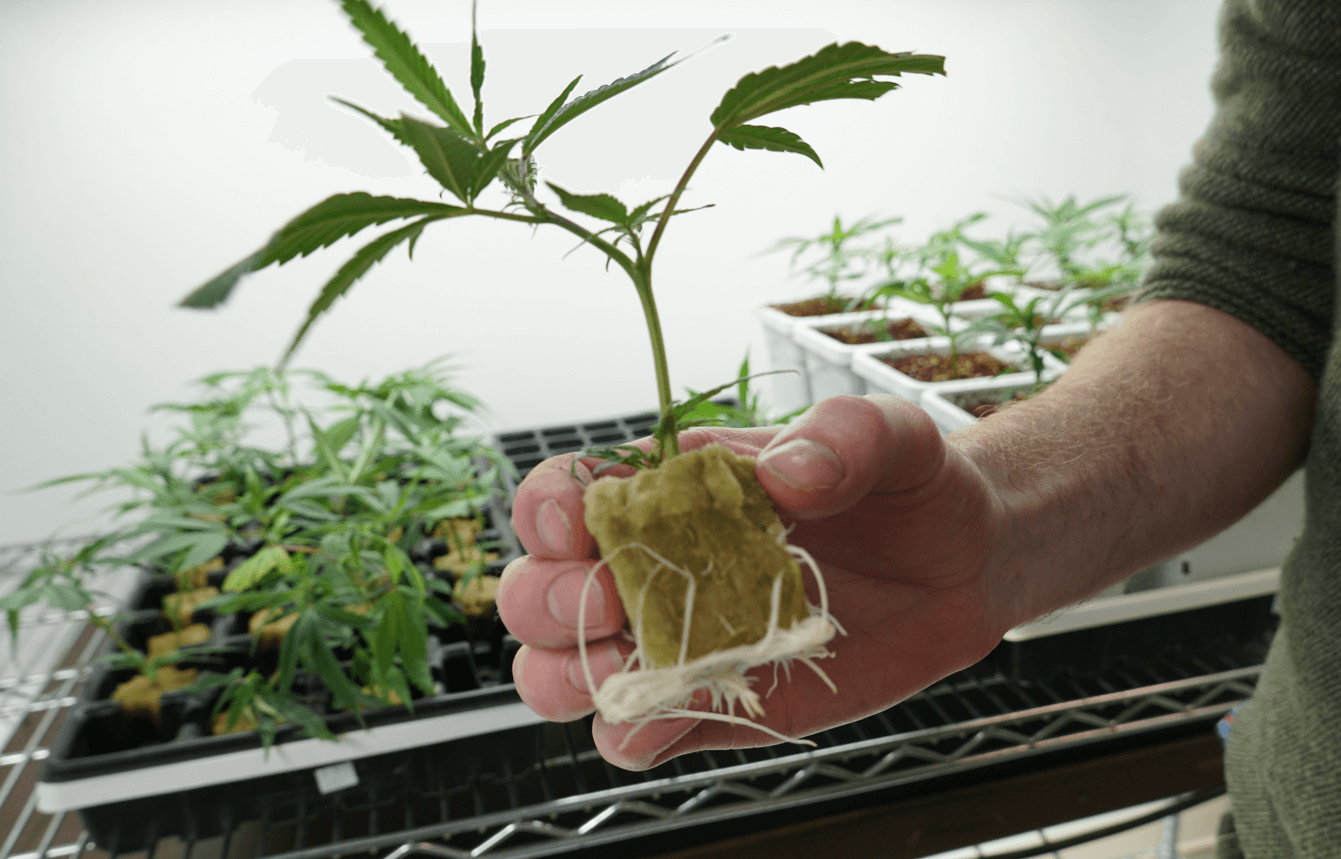Weed cultivation has come quite a distance since its early
times, changing right into a innovative market driven by invention and
technology. Among probably the most fascinating developments in this
field is the usage of Marijuana clones.
These genetically identical crops are collection to revolutionize how
growers approach pot growth, offering numerous advantages over
traditional methods. But why are Weed Clones regarded game-changers?
Let's examine the reasons behind their growing recognition and
significance in the continuing future of cultivation.

Understanding Weed Clones
Pot clones are basically cuttings obtained from a mom plant that contain the exact same genetic material. When planted and nurtured properly, these clippings develop in to new flowers that reflection the faculties of the original. This method stands on the other hand to growing from seeds, where each place might exhibit variations as a result of genetic differences. By using clones, growers may maintain reliability across their crops, ensuring uniformity in product quality and yield.
Cloning presents many advantages for equally small-scale and large-scale cultivators. Firstly, it enables growers to pick crops with attractive characteristics, such as for instance high capability, unique terpene users, or resistance to pests and diseases. This selection process results in healthiest and more sturdy crops. Additionally, cloning speeds up the farming timeline because clones are actually adult enough to start vegetative development instantly, skipping the germination period related to seeds.
The Benefits of Consistency
Among the main causes cannabis clones are considered game-changers could be the uniformity they carry to cultivation. Reliability is vital in the cannabis business, where customers expect reliable quality and results from their products. With clones, growers may create crops with estimated traits, ensuring that each crop meets customer expectations. That uniformity also simplifies the growth method, rendering it easier to control nutritional elements, illumination, and other environmental factors.
Consistency runs beyond the product itself. In addition it influences functional efficiency and cost-effectiveness. By reducing the variability that accompany seed-grown plants, growers can improve their production rounds, minimize waste, and improve their operations. That performance not merely saves time and assets but also enables cultivators to range their corporations more effectively, meeting increasing demand without compromising quality.
Sustainability and Innovation
In a time wherever sustainability is a high priority, pot clones offer a more eco-friendly way of cultivation. Standard seed-based strategies frequently require the utilization of big amounts of water, energy, and fertilizers. Cloning, on the other give, involves fewer sources and yields less waste. By lowering the environmental footprint of cannabis expansion, clones subscribe to a more sustainable industry.
Creativity in cloning techniques can be operating the future of cultivation. Analysts and growers are continuously discovering new solutions to improve cloning success charges and increase plant health. From muscle culture to sophisticated rooting methods, these inventions hold the potential to further enhance the cloning process, rendering it much more accessible and efficient for cultivators of sizes.

Examine the Future of Cannabis Expansion
The ongoing future of weed expansion is without a doubt intertwined with the increase of cloning technology. By offering uniformity, performance, and sustainability, marijuana clones have appeared as game-changers in the industry. For growers looking to stay ahead in this fast growing industry, understanding and incorporating cloning methods is essential.
No comments:
Post a Comment